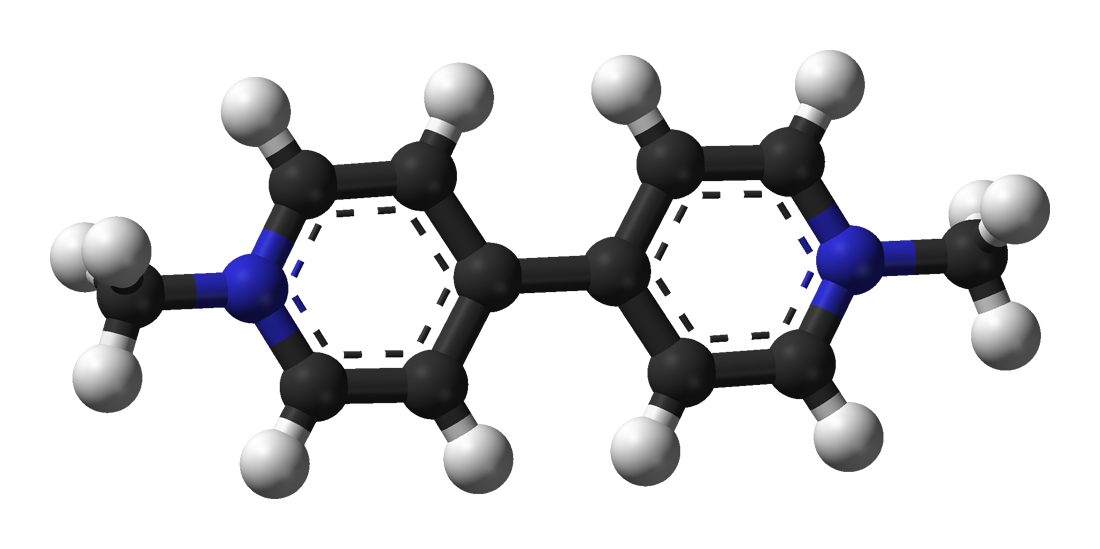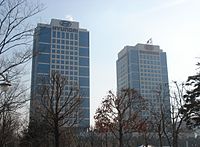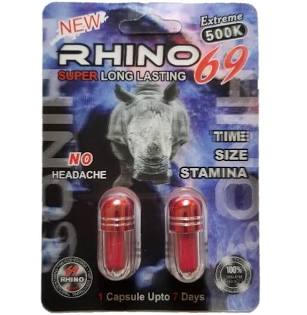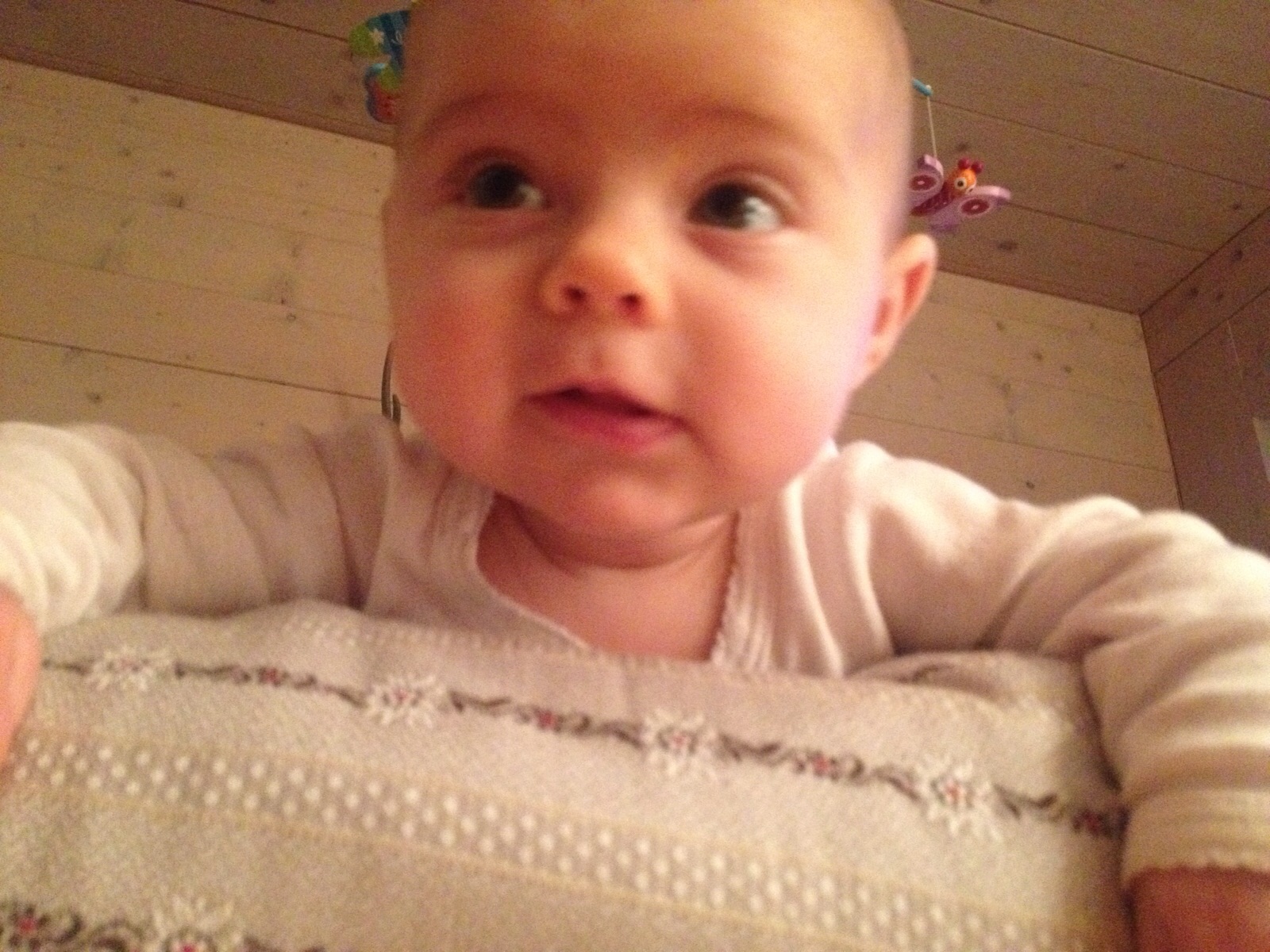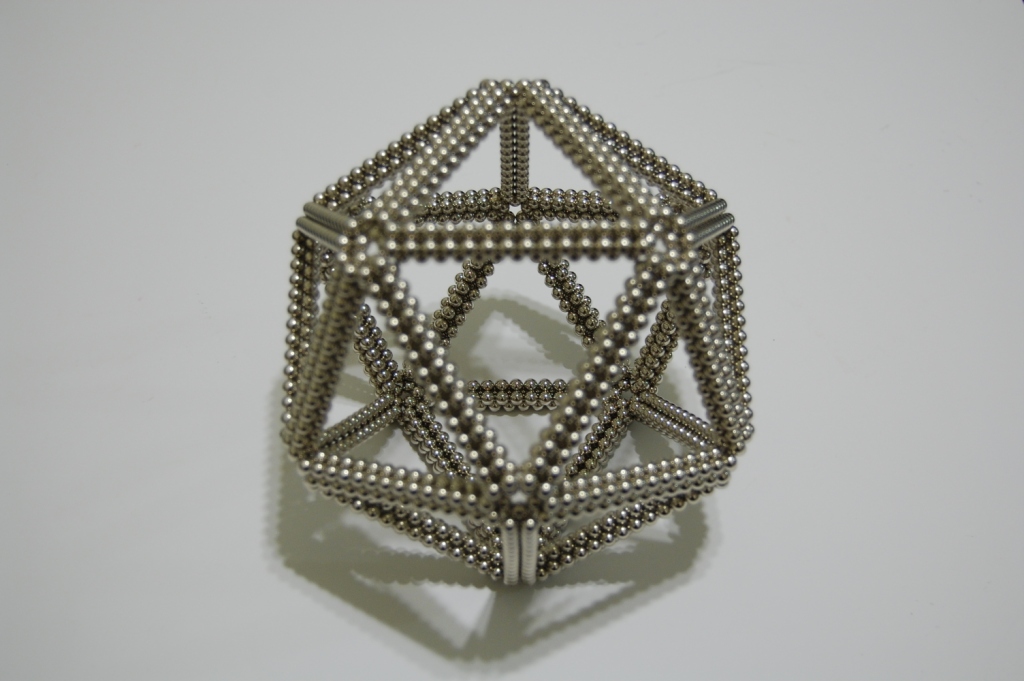Is your sunscreen or after-sun on the list of those containing a dangerously high level of benzene?
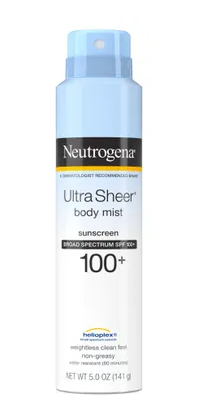 Some popular sunscreens and after-sun products contain a high level of benzene, a carcinogen linked to blood cancer, according to recent tests effectuated by Valisure, a consumer protection group. No level of benzene in cream, spray or lotions is safe for humans. Additionally previous studies have also found that applying sunscreen increases the penetration of benzene through the human skin.
Some popular sunscreens and after-sun products contain a high level of benzene, a carcinogen linked to blood cancer, according to recent tests effectuated by Valisure, a consumer protection group. No level of benzene in cream, spray or lotions is safe for humans. Additionally previous studies have also found that applying sunscreen increases the penetration of benzene through the human skin.
Valisure fount the highest level of benzene in the following products:
- The SPF 100+ Ultra Sheer Weightless Sunscreen Spray by Neutrogena with up to 6.26 ppm average level of benzene in a tested batch
 New York Personal Injury Attorneys Blog
New York Personal Injury Attorneys Blog



